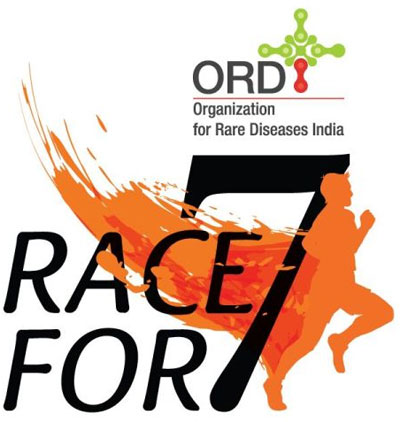 Just because the Centre, State and AIIMS say they are short of funds
Just because the Centre, State and AIIMS say they are short of funds
Just because someone is short of funds, the State cannot allow him to die, the Delhi High Court said on Friday. The Court was moved by the plea of a rickshaw puller for free treatment of his seven-year-old son who suffers from a rare genetic disorder even as the Centre, the Delhi Government and the All-India Institute of Medical Sciences cited absence of funds and schemes to support such patients.
“It is not an incurable disease. I know the boy can be cured. I cannot allow him to die before my eyes. Just because he is short of funds, can the State allow him to die?” said Justice Manmohan.
The case of the minor, who suffers from Gaucher’s disease, was taken up by advocate and social activist Ashok Agarwal, who moved the High Court seeking direction for free treatment of the disorder which requires life-long enzyme replacement therapy at the cost of Rs.7 lakh every month. In this disease, fatty substances accumulates in various organs like the brain, spleen and white blood cells, and the patient is susceptible to infections.
The boy was given a dose of drugs free of cost at Medanta on February 21. The Delhi High Court Bar Association also collected funds for him.
“The State has to safeguard the right to life. Something has to be done. If none of us takes any action, the boy will die in front of our eyes. What is the use of having Article 21 on the statute? I will be forced to use the long arm of law and order that he be treated at AIIMS at the expense of Central Government,” the Bench said on Friday, disturbed that the country does not have any alternative drugs or funds to support poor patients requiring life-long treatment.
The court was informed by the Centre and the Delhi Governments that financial assistance schemes in place provide for a “one-time grant” of Rs.5 lakh only.
Amicus curiae Shyel Trehan suggested that since the only problem in the case was the cost of the treatment, “in such a situation, Indian companies can devise an alternative, apply for licence and provide cheaper drugs”.
Ms. Trehan also brought to the court’s notice the fact



